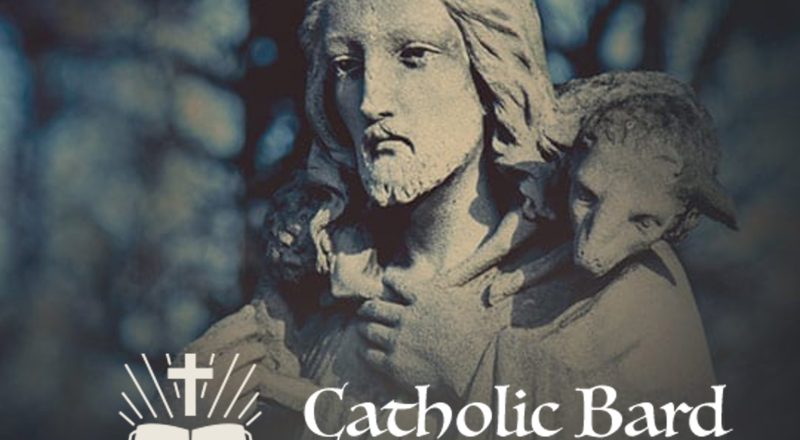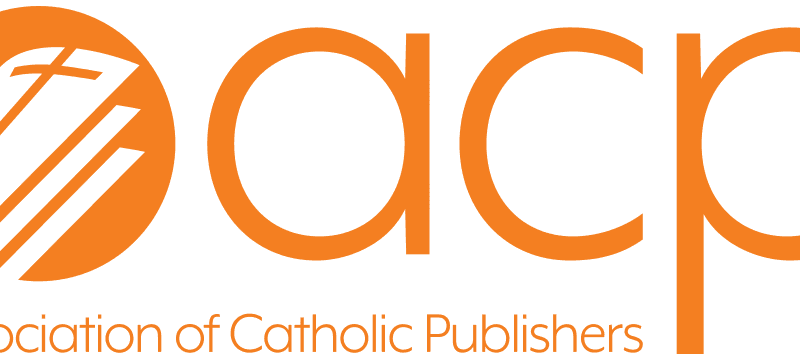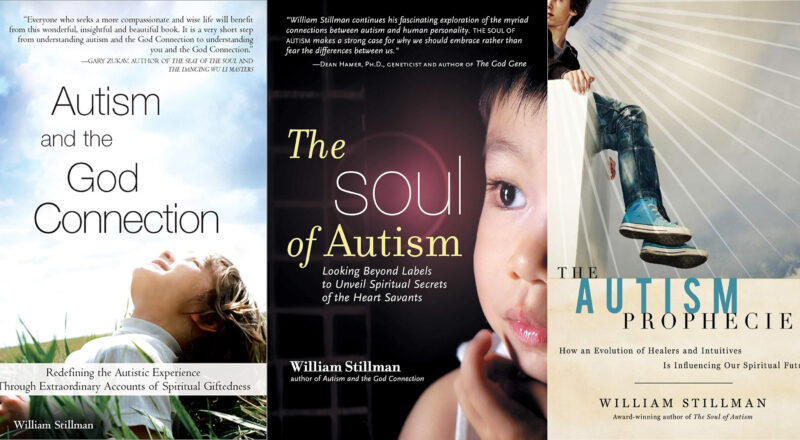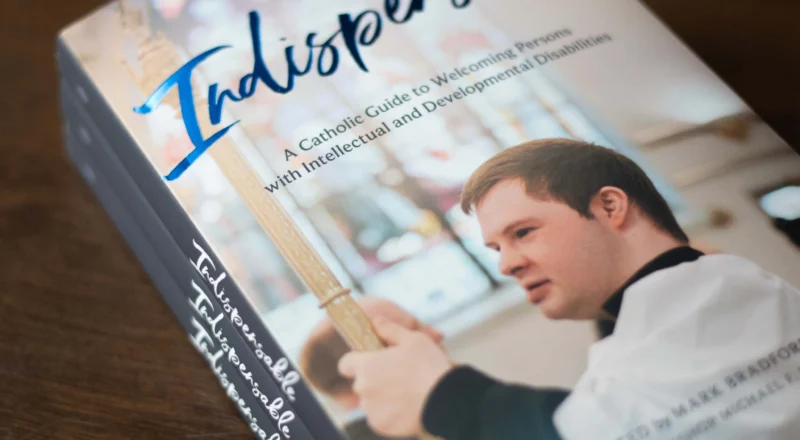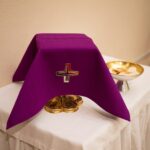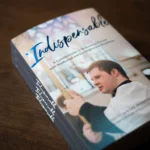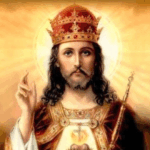Elizabeth Durack got an early copy of my book and just posted a review over at Catholic Exchange. I think it captures some key elements of the book. I like that she found out that Krefft and Tacelli had made an updated version called the Handbook of Catholic Apologetics: Reasoned Answers to Questions of Faith. Here is part of her review, read the rest over there:
Father Matthew Schneider, LC was ordained a priest in 2013 and diagnosed in 2015 with Autism Spectrum Disorder. As “Autistic Priest” on social media, he’s become a friendly face of the Church toward the autism community, and a friendly face of autism, with priestly dignity, to Catholics.
He has written a new book addressing the prayer life of autistics, entitled God Loves the Autistic Mind: A Prayer Guide for Those on the Spectrum and People Who Love Us. I myself am autistic and Catholic. […]
One of Father Schneider’s key insights in God Loves the Autistic Mind is that there is therefore a “ridge” to get over as an autistic person is learning to pray. He says there is nothing awry with a style of prayer that is more intellectual than emotional; however, it is necessary to get over the “ridge” to contemplate God as not merely (for instance) the first cause of existence or as the moral principle, but as the One whom we know loves us.
“We need to help autistic young people with rational explanations of the faith or seek these out if we are autistics learning the faith,” he writes. God Loves the Autistic Mind does not itself undertake that; it is an accessibly written prayer book, not a catechism or theological tome. But I was deeply glad that he stressed that need.
I’ve long believed that the absence of adequate Catholic information made my adolescent loss of faith inevitable. Fr Schneider describes how he pored over Kreeft and Tacelli’s Handbook of Christian Apologetics (there’s a subsequent specifically Catholic version) as a teen, and kept his faith. I returned to the Church as a young adult in 2006 after beginning to pray and to read seriously—beginning with Saint John of the Cross and Saint Augustine. They taught me how to think about faith. My intense interest in classic theological literature and tendency to go on about it in detail received striking mixed reactions in Catholic settings.


